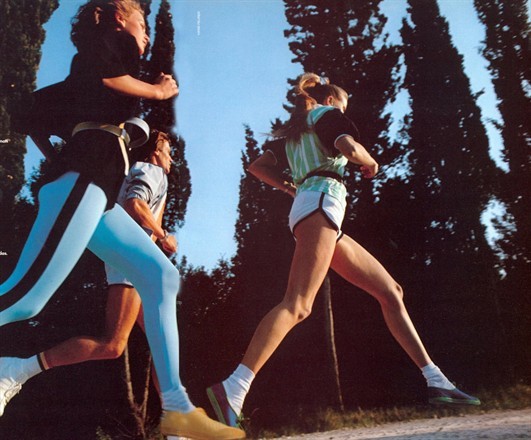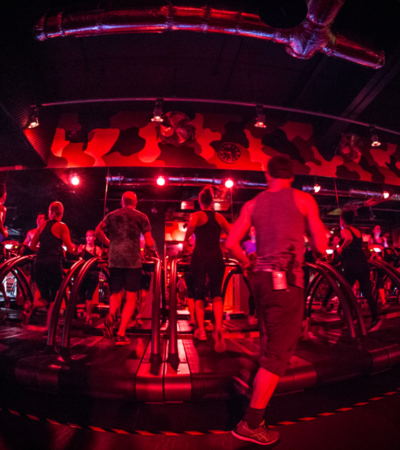By Joe Byrnes
I am a 26 year old broker working long hours in the office and indulging in a lot of post work entertainment. I’ve got a busy work and social life, which severely challenges the confines of healthy living. Alcohol and sleepless nights play a part. However, these vices make it even more important for me to pursue a healthy lifestyle 80% of the time. A major part of this is exercise, which is why I set myself goals of running marathons – to ensure that I have something to be training towards and thus making it important for me to find the time. A marathon will simply not run itself.
Running a marathon is a big commitment and you do need to make a few changes in your life in order to allow you the time to train sufficiently enough to complete but more importantly compete. What is the point in training for months and go through hours of marathon pain just to collapse across the line? Having said that, it is no easy task to fit all the training into a busy schedule like mine, but with a few shortcuts and some well-chosen sacrifices there is no reason you can’t do it.
You have no excuse, so grab your trainers and get organised…
Organisation is the key: Life is busy and time is precious, therefore plan your training as efficiently as possible so that it doesn’t impact on your life. Incorporating your training into your commute is one of the best ways of doing this. I arrive at the office on Monday morning with enough clothes and items for the week that allows me to run in and out of work every day. Fringe benefits include saving money on travel, avoiding the stress of tube/train travel and kick-starting your metabolism first thing in the morning!
Front load your week: Train hard Sunday-Wednesday because realistically Thurs-Sat night is party/chill time. If you go hard early in the week you won’t feel guilty later on when your social life or a great movie takes you away from training.
Nutrition: Take supplements to make the stress on your muscles easier. They are fantastic with not just assisting your body during training but also helping with the recovery phase. I use a range of vitamins, protein and green supps to ensure I remain healthy right up until race day and beyond. Treat yourself like a car – you put good fuel in, you get good performance out!
Sleep: No shortcut here – sleep heals everything! The better rested you are, the better you train and the faster you recover. Simple as that.
Mix it up and enjoy it: You don’t feel like running 10 miles one night? Go for a swim, go for a cycle, do some yoga. Be flexible in your training because boredom will kill your enthusiasm. Don’t loathe it, love it or there is no point.
There’s no hard or fast rules to marathon success. For me organisation is the key to being able to train properly without it consuming your life. Sit down, have a think, plan what suits your lifestyle and implement it.













